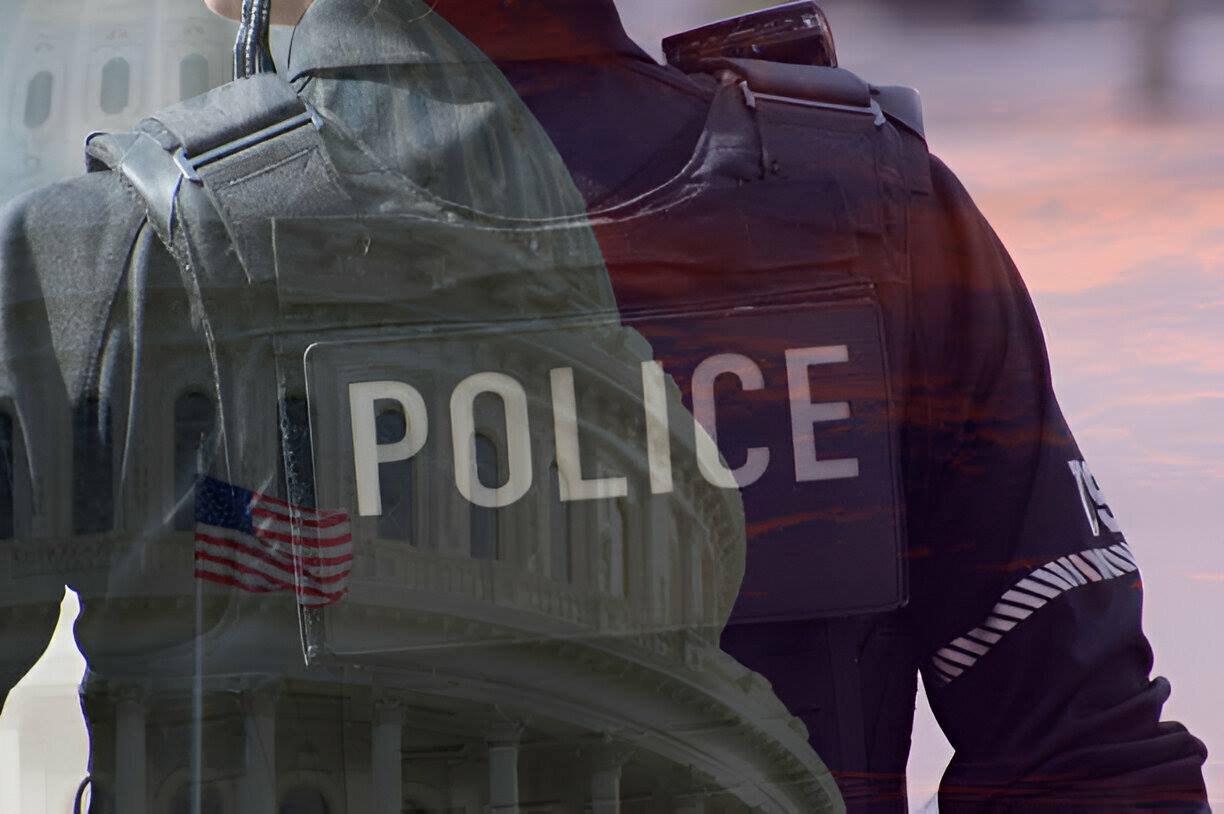Police reform and qualified immunity remain controversial topics. Reformers seek changes to prevent misconduct, while opponents argue for protections that allow officers to do their jobs effectively. Understanding legal perspectives helps evaluate current policies and proposed reforms.
Courts, legislators, and advocacy groups influence these debates. Critics say qualified immunity shields misconduct, while supporters claim it prevents frivolous lawsuits. Balancing law enforcement authority with accountability remains a challenge.
Contents
Understanding Qualified Immunity
Qualified immunity protects government officials, including police officers, from lawsuits unless they violate clearly established rights. It prevents excessive legal burdens on officers. Supporters argue it allows decisive action in dangerous situations.
Critics believe it enables officers to evade responsibility for misconduct. They argue it sets high barriers for holding law enforcement accountable. Courts and lawmakers continue to assess whether reforms are needed.
Case for Police Reform
Reform efforts focus on accountability, transparency, and community trust. Proposals include body cameras, stricter use-of-force policies, and better training. Some states have already implemented measures to improve oversight.
Opponents worry stricter rules may weaken law enforcement effectiveness. They argue fear of lawsuits could delay officer responses. Policymakers must balance accountability with effective policing.
Legal and Legislative Challenges
Courts play a key role in defining police accountability. Some rulings reinforce qualified immunity, while others challenge its broad application. These decisions shape misconduct cases nationwide.
Legislators at federal and state levels have introduced bills to modify or eliminate qualified immunity. Some believe reforms would improve accountability, while others warn against excessive lawsuits discouraging police work.
Future of Police Reform
The debate over police reform and qualified immunity continues to evolve. While some advocate for major legal changes, others seek a measured approach. Court rulings, legislation, and public advocacy will shape future policies.
Balancing law enforcement needs with public accountability is crucial. Policymakers must create solutions that uphold civil rights while ensuring officers can perform their duties effectively.
Conclusion
Police reform and qualified immunity are central to discussions on accountability. Courts, legislators, and advocacy groups push for or resist changes. Finding a balance between effective policing and civil rights protections remains a challenge. Ongoing legal debates will shape law enforcement practices in the years ahead.

